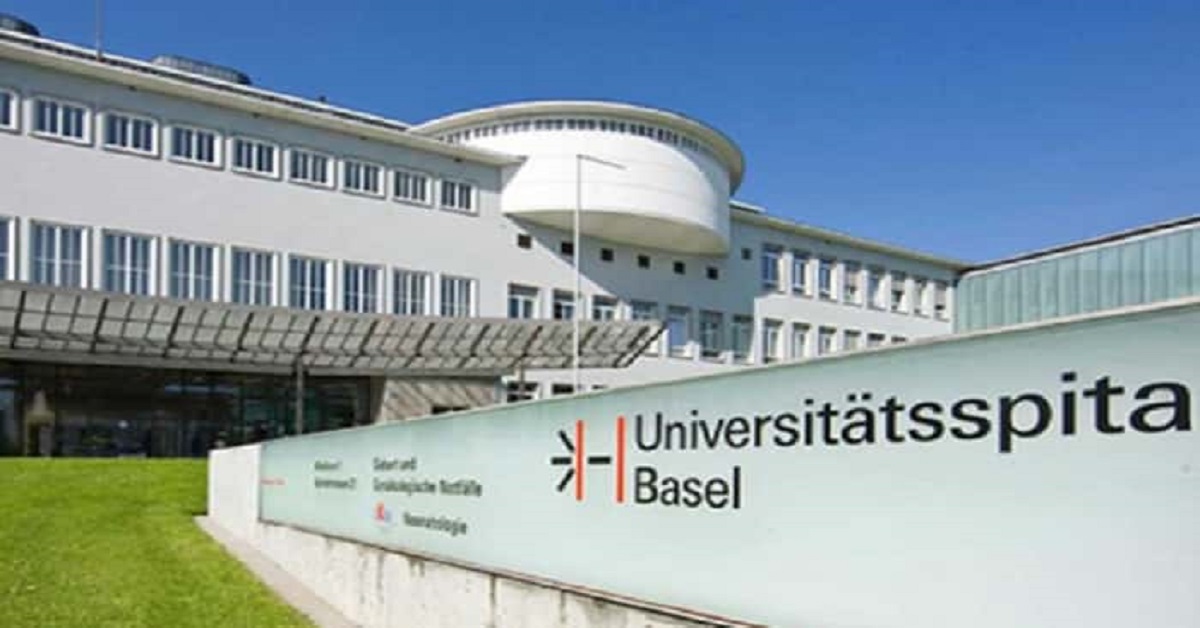The Swiss Nanoscience Institute (SNI) at the University of Basel invites highly motivated scientists to apply for the SNI PhD program in Nanoscience.
Your position
Within this PhD project, we aim to attach metal-containing cofactors (Mcof) to the surface of cancer cells, and to use their catalytic properties to uncage specific drugs. With this ambitious goal in mind, the Mcof will be equipped with a high-affinity antagonist that binds tightly to proteins which are overexpressed on the surface of cancer cells.
To evaluate the therapeutic potential of this strategy, we have selected somatostatin, a G-coupled protein receptor that is highly present on the surface of various forms of cancer. Cyclic disulfide-bridged peptides (Cyc-peptS–S), developed in the group of Prof. Fani, display exquisite affinity and selectivity for somatostatin receptors. Upon covalent linking of the peptide with the metal cofactor to afford Cyc-peptS–S–Mcof, we anticipate that the catalytically active cofactor will accumulate in the proximity of cancer tissues that display multiple copies of the somatostatin receptor. Upon addition of a caged drug, the catalytic activity of the cofactor Cyc-peptS–S–Mcof will lead to the site specific uncaging of the drug where its action is required (an illustration can be found in the project description at www.phd.nanoscience.ch). In the past years, the Ward group has pioneered several catalytic strategies that lead to the uncaging of various fluorescent probes and drugs in the presence of cells. Reactions include: olefin metathesis, transfer-hydrogenation, allylic substitution, hydroamination reactions, etc. In the course of his/her PhD, the researcher will work in a highly stimulating environment at the interface between chemistry, biology and medicine. The work will be carried out in close collaboration between the Ward and Fani groups.
Your profile
Candidates are required to have a MS degree in natural sciences, and should especially a relevant experimental background in organic synthesis as well as in any of the following: mammalian cell-culture, molecular biology, flow cytometry and FACS, high-througput experimentation.
We offer you
- Excellent scientific and social environment
- Very competitive employment conditions
- Membership in a very supportive and recognised community
The successful candidate will join an attractive interdisciplinary programme as a junior SNI member, together with the ~30 currently supported scientists, and will benefit from strong personal support, a strongly interdisciplinary social environment, and training in soft skills offered by the PhD program and the many internal SNI events. The SNI in general covers a wide variety of topics, including cutting edge quantum physics and chemistry, material science, nanotechnology, biochemistry, cell biology, or medical research.Application / Contact
More information and the online application platform can be found at www.phd.nanoscience.ch. For questions please contact the head of the SNI PhD programme, Dr. Andreas Baumgartner (andreas.baumgartner@unibas.ch), or directly the respective project leaders. The complete application has to be submitted before 31 December 2021. Please note that the decision to fill a given vacancy can be taken at any time from now.
